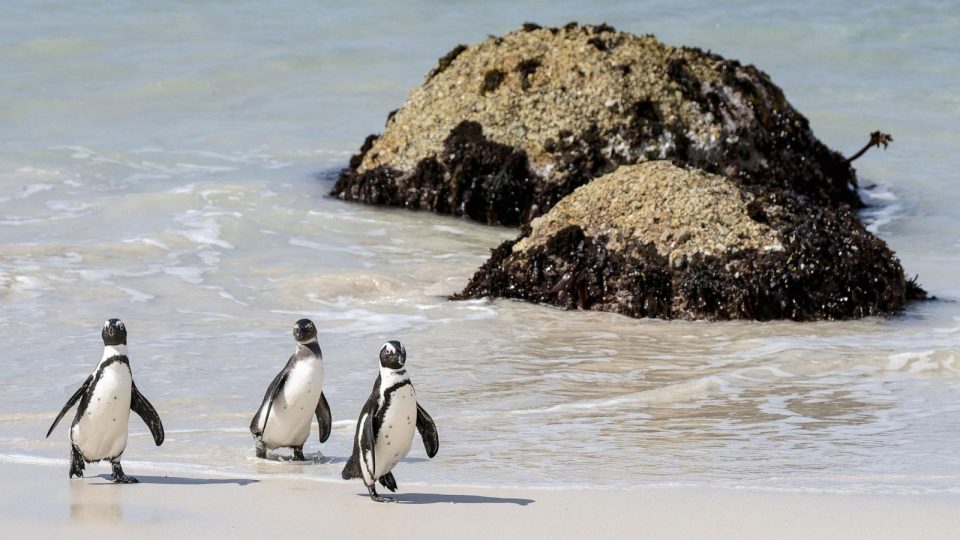A shocking new study by the World Wildlife Fund (WWF) has found that global wildlife populations have diminished by an average of 73% over the past 50 years. According to the 2024 Living Planet Report, the research monitored wildlife populations across 5,495 species of amphibians, birds, fish, mammals, and reptiles from 1970 to 2020, revealing declines across “every indicator that tracks the state of nature on a global scale.”
“The findings of this report are alarming,” said Anke Schulmeister-Oldenhove, a senior forest policy officer at WWF. “Consumption patterns in the European Union continue to be a primary driver of worldwide biodiversity loss, especially in critical ecosystems like the Amazon, which is approaching an irreversible tipping point.”
The study highlighted that freshwater populations experienced the steepest decline, dropping by 85%. Terrestrial populations fell by 69%, while marine populations decreased by 56%.
Dr. Kirsten Schuijt, director general of WWF International, stated, “Nature is issuing a distress call. The interconnected crises of nature loss and climate change are pushing wildlife and ecosystems past their limits.”
Regionally, the most significant declines were noted in Latin America and the Caribbean, with populations plummeting by a concerning 95%. Africa reported a 76% decrease, followed by a 60% decline in Asia and the Pacific.
The so-called “catastrophic” loss of species has been primarily driven by human activities, including habitat degradation, which has been identified as the leading cause of population declines in every region. Other contributing factors include overexploitation, invasive species, disease, and the impacts of climate change, especially pronounced in Latin America and the Caribbean. Pollution has also played a significant role in North America and parts of Asia and the Pacific.
The report warns that if these trends continue, “global tipping points” are likely to be reached. “Nature is disappearing at an alarming rate,” the report states. “While some changes may seem gradual, their cumulative effects can lead to rapid, irreversible changes once a certain threshold is crossed.”
As the WWF report releases ahead of the upcoming United Nations Biodiversity Conference (COP16) in Cali, Colombia, environmental leaders are advocating for immediate action. “This is a pivotal opportunity for one of the world’s most biodiverse nations to send a message about the significance of climate action and life preservation,” noted Susana Muhamad, Colombia’s environmental minister.
Dr. Schuijt emphasized that “the decisions made and actions taken in the next five years will be critical for the future of life on Earth.”
Credit: ABC News




